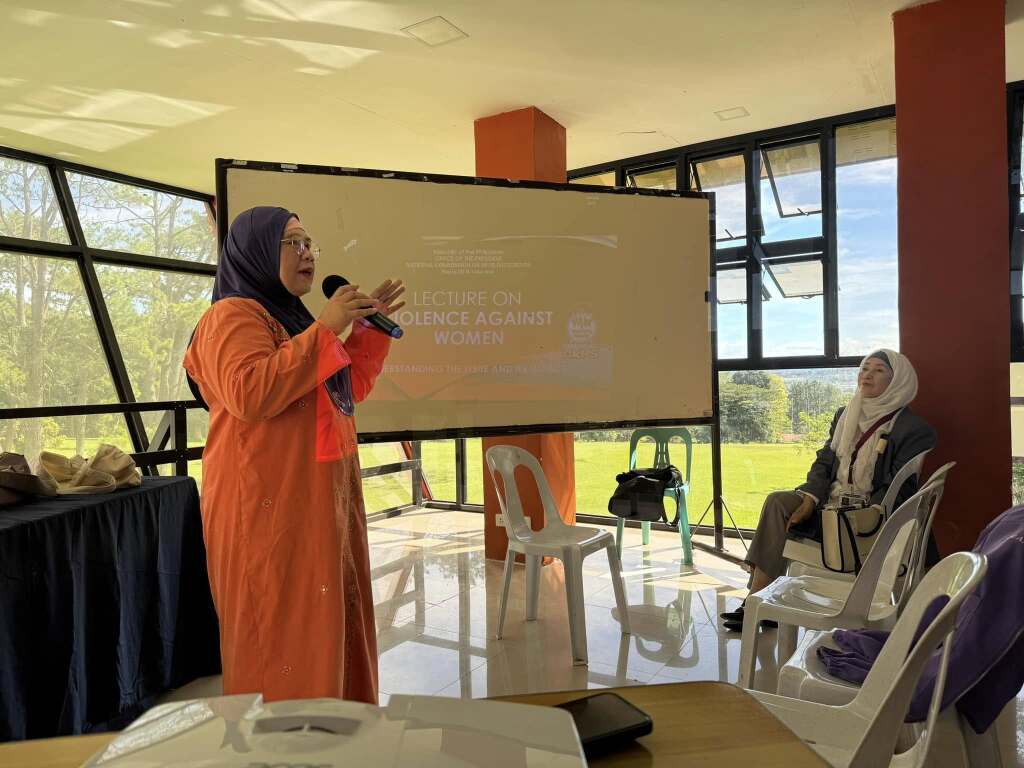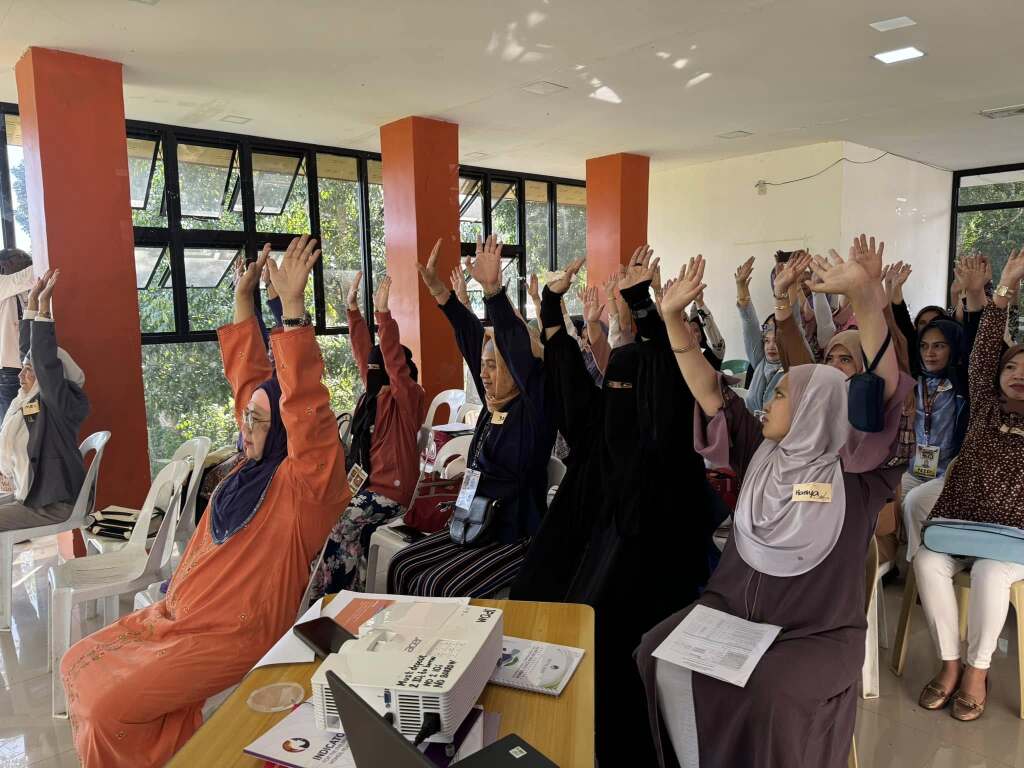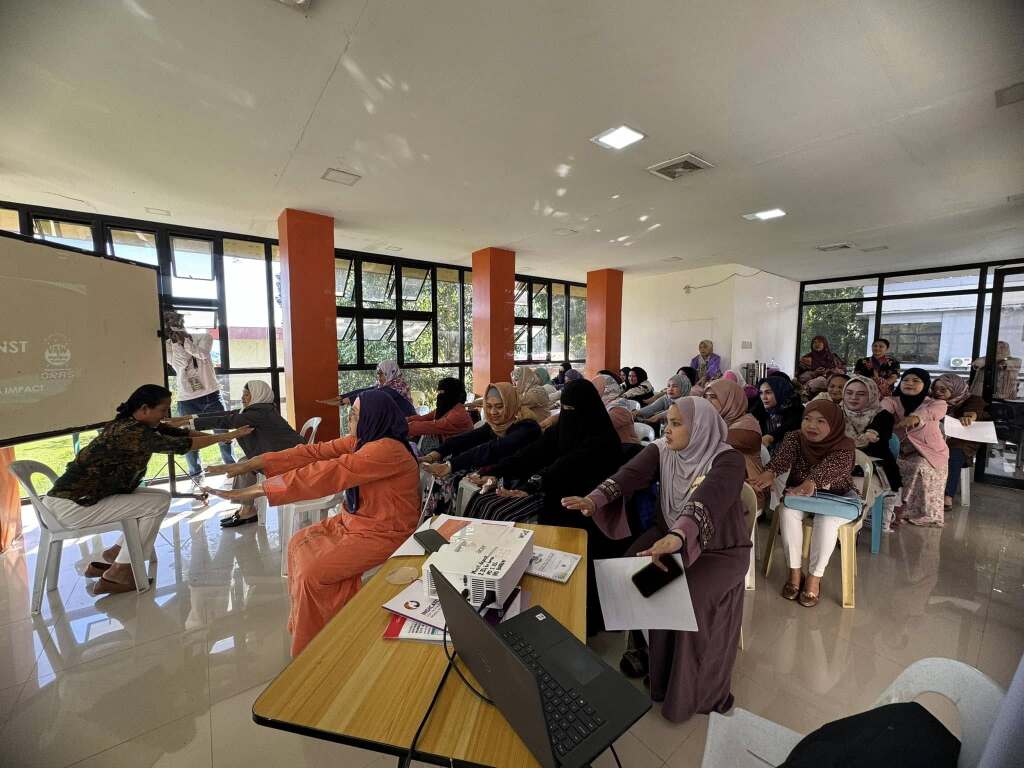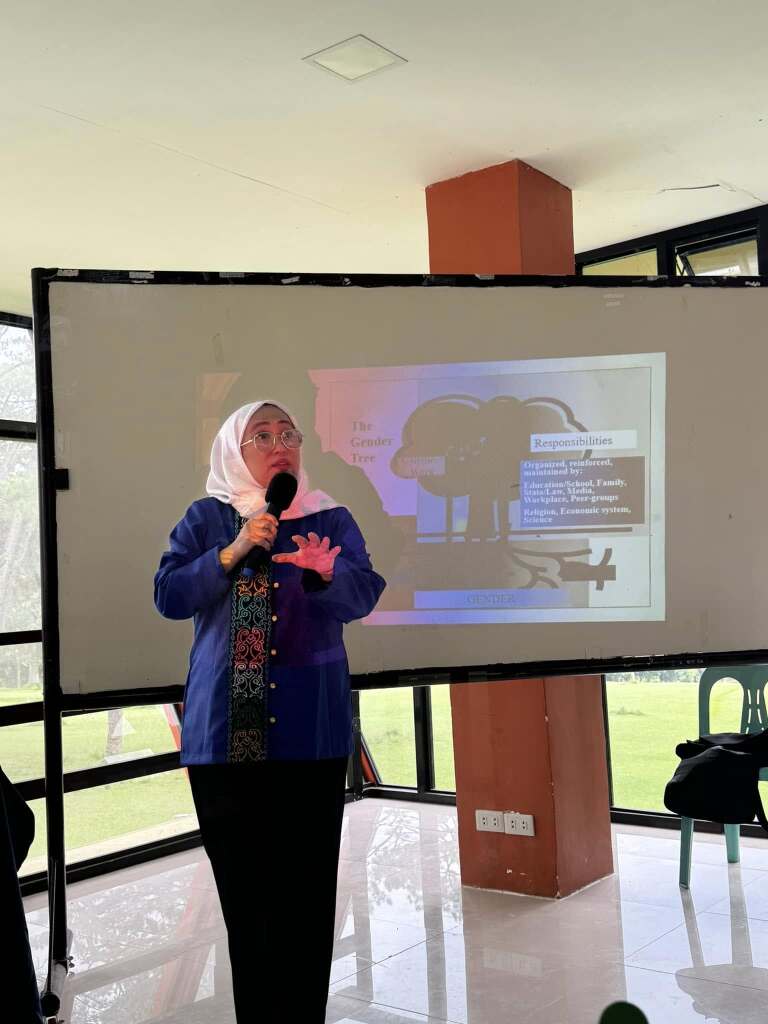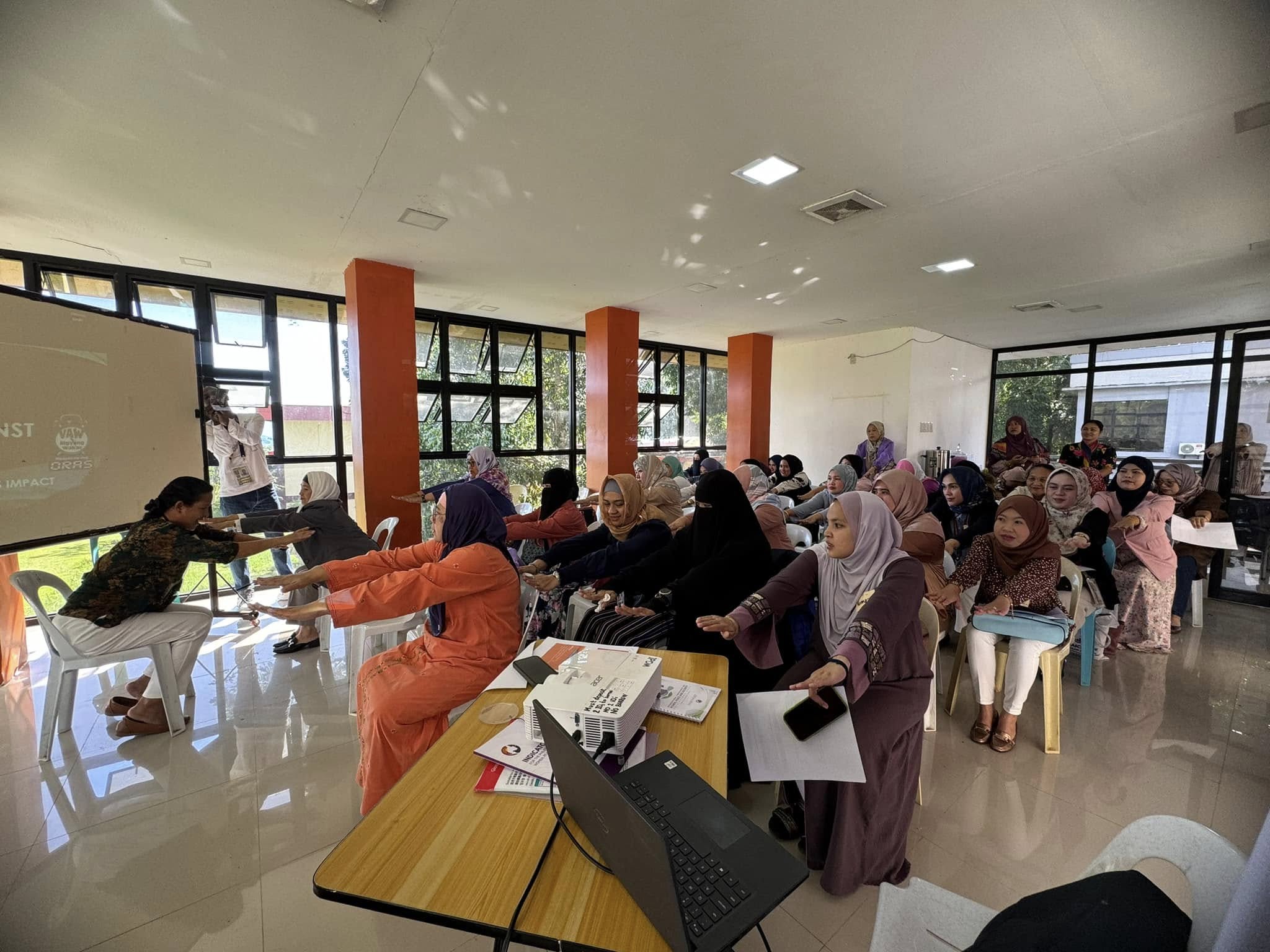Marawi City, Philippines – On December 3rd, a significant event marked the 18-Day Campaign to End Violence Against Women and Children (VAWC) and Gender-Based Violence (GBV) as part of 2024 Mindanao Week of Peace. The campaign, a crucial initiative to address the pervasive issue of violence against women, brought together esteemed academics and activists, including Dr. Anisah Mapupuno and Dr. Jehanne Mutin, to shed light on the complex interplay between gender, peace, and security. The event was organized by the Institute of Peace and Development in Mindanao led by Executive Director Acram Latiph together with the Peace Action Officer Dr. Aliah P. Cali-Pascan and Peace Action Associate Officer Dr. Khayronesah Abbas in partnership with the University Gender and Development Focal Point System Dr. Melba Angni and the Philippine Muslim Women Council, Ranaw Lady Eagles Club and of course the National Commission on Muslim Filipinos.
The Urgent Need for Change
Dr. Mapupuno, a Gender and Development Focal Person of National Commission on Muslim Filipinos, Lanao del Sur, emphasized the urgent need to address VAWC and GBV as critical threats to peace and security. She highlighted the devastating impact of these forms of violence on individuals, families, and communities, underscoring the need for comprehensive and sustainable solutions.
The Role of Women in Peacebuilding
Dr. Mutin, an expert in the field of gender studies, delved into the crucial role of women in peacebuilding processes. She argued that women’s participation is essential to achieving lasting peace and security, as they bring unique perspectives and experiences to the table. By empowering women and ensuring their meaningful involvement in decision-making processes, societies can create more equitable and just futures.
The participants were all Gender and Development Focal persons of various offices in administrative, academic and semi-academic units of the University. They had different next steps to move forward such as their takeaways on the 18 Day Campaign served as a platform to:
- Raise awareness: The campaign aimed to increase public awareness about the prevalence of VAWC and GBV, challenging societal norms and stereotypes that perpetuate gender-based violence.
- Empower survivors: By providing support services and creating safe spaces, the campaign empowered survivors to speak out, seek justice, and rebuild their lives.
- Advocate for policy change: The campaign called for stronger laws and policies to protect women and girls, as well as increased investment in prevention and response programs.
- Promote gender equality: By advocating for gender equality and women’s empowerment, the campaign sought to create a more just and equitable society.
As the 18-Day Campaign concluded, it is imperative to sustain the momentum and continue the fight against VAWC and GBV. By working together, we can create a world where women and girls are safe, respected, and empowered.
The event was hosted by Dr. Aliah P. Cali-Pascan, Peace Action Officer. It was opened by Dr. Melba Angni and closed by Dr. Khayronesah Abbas.
